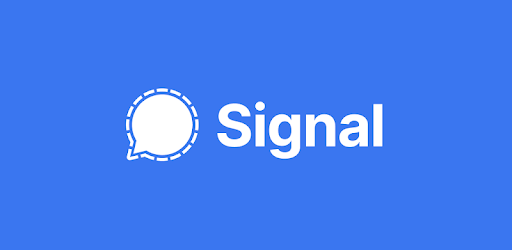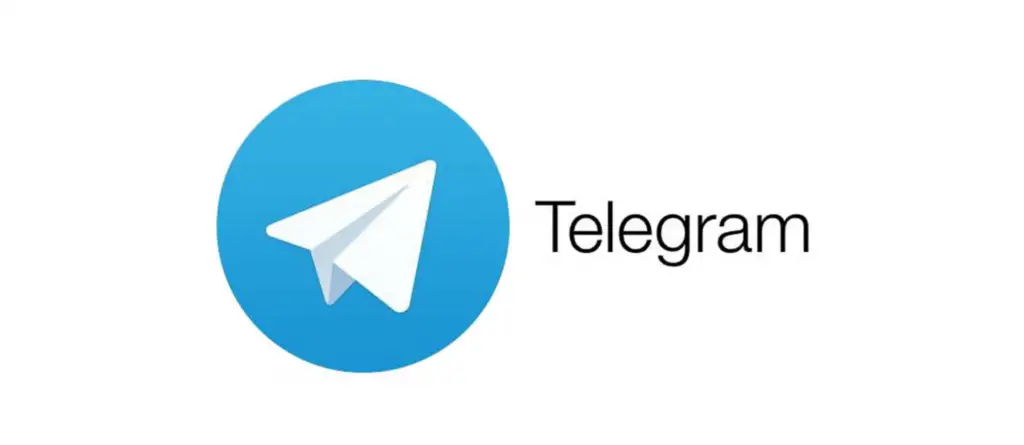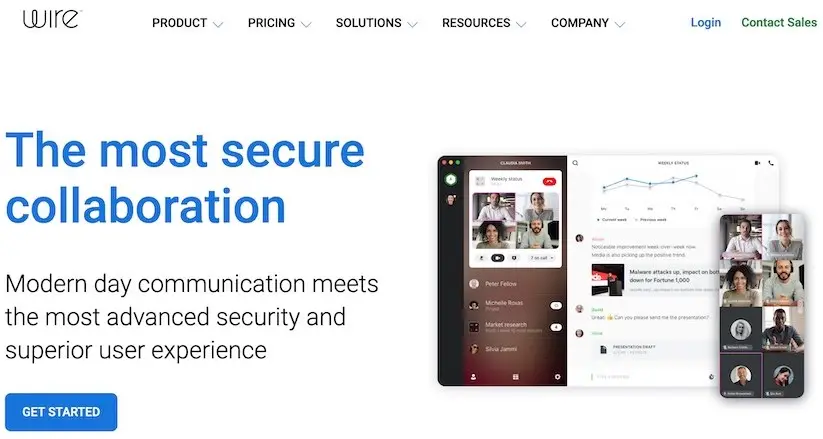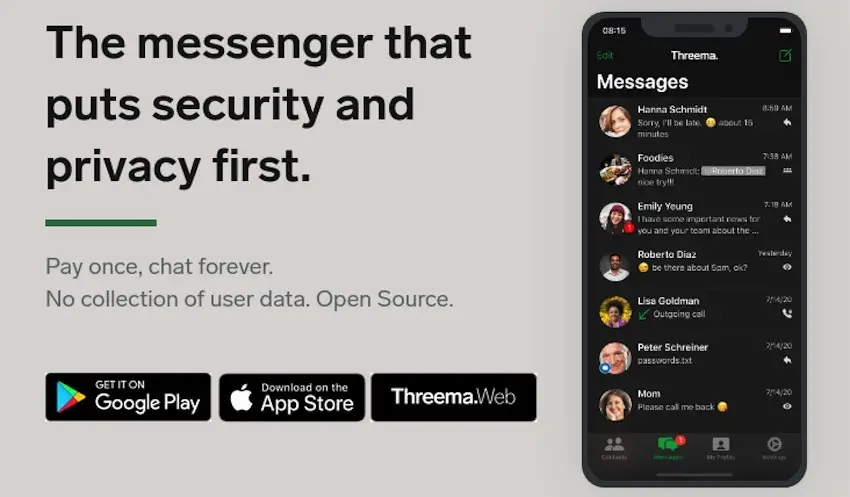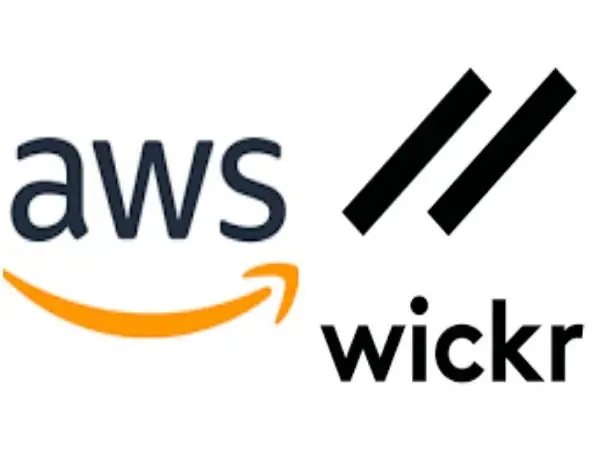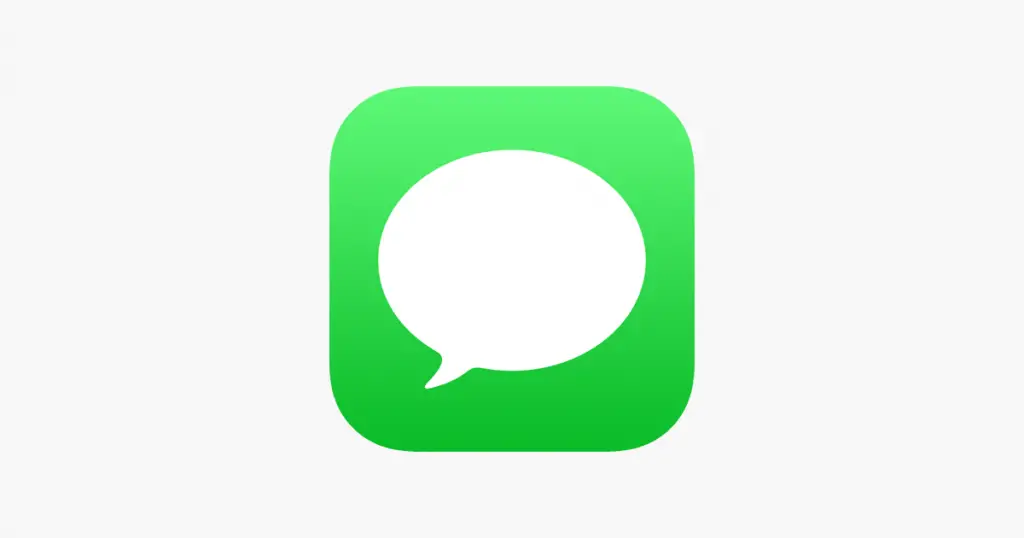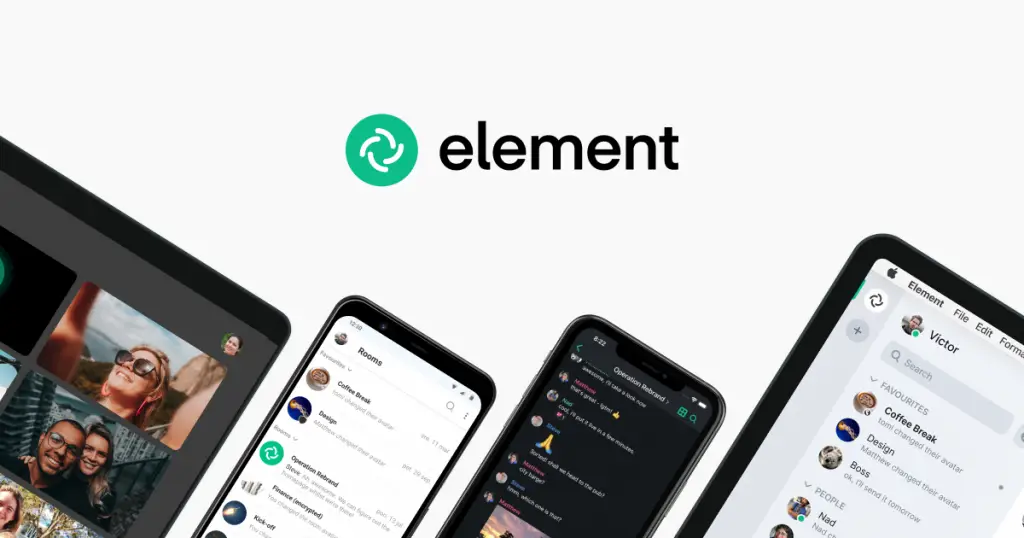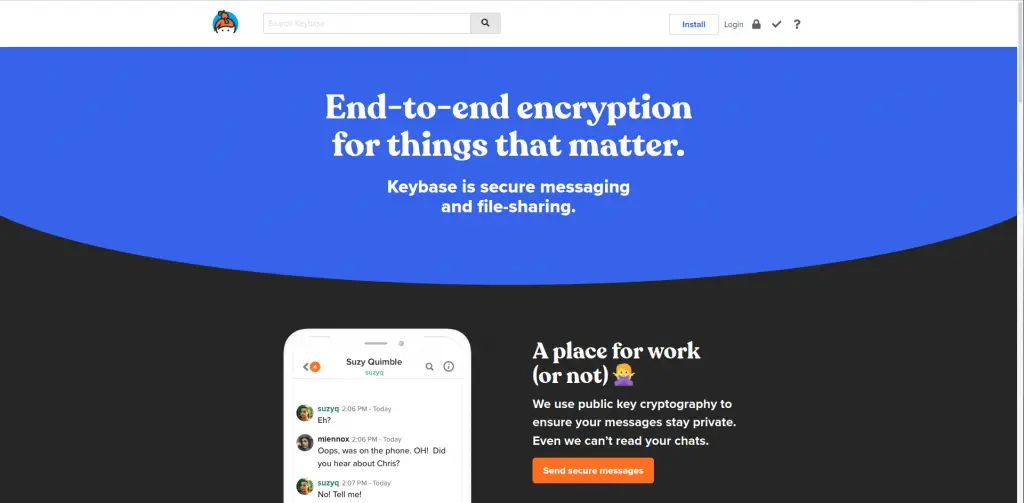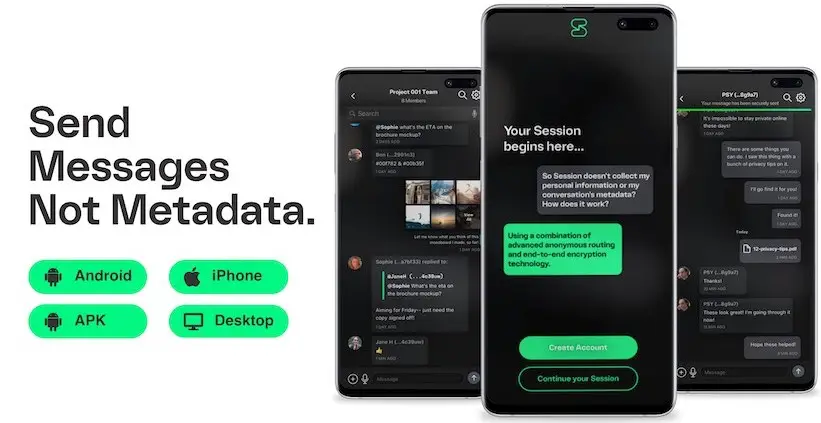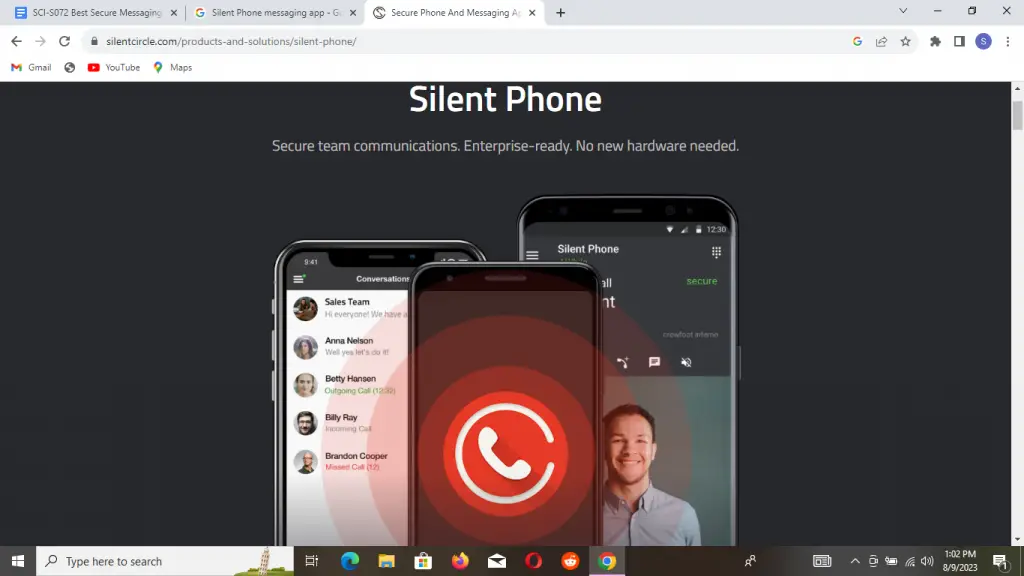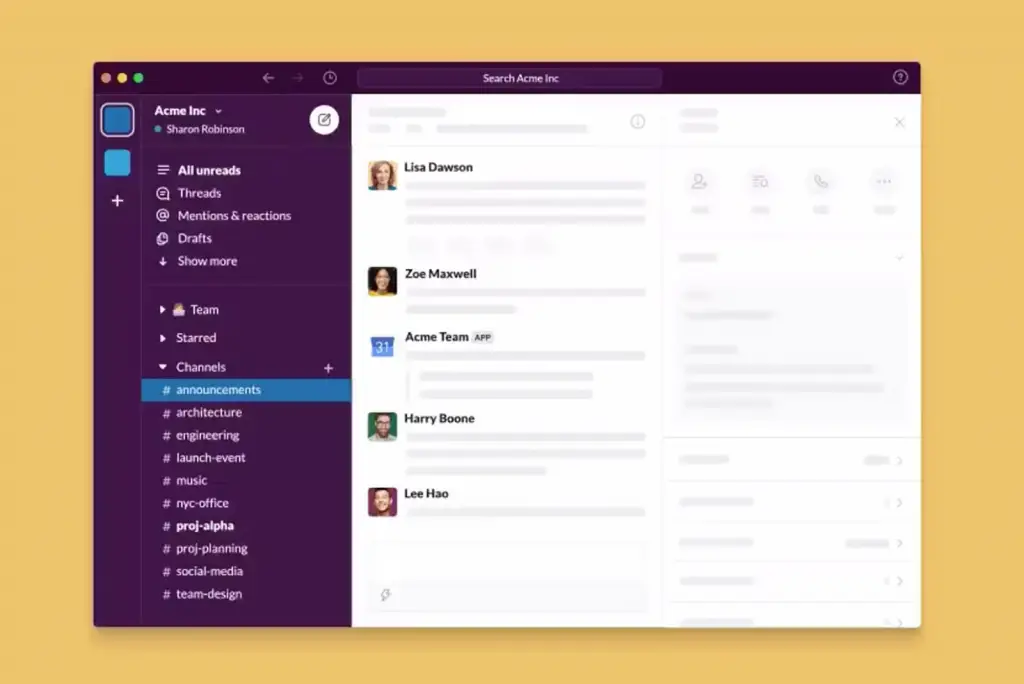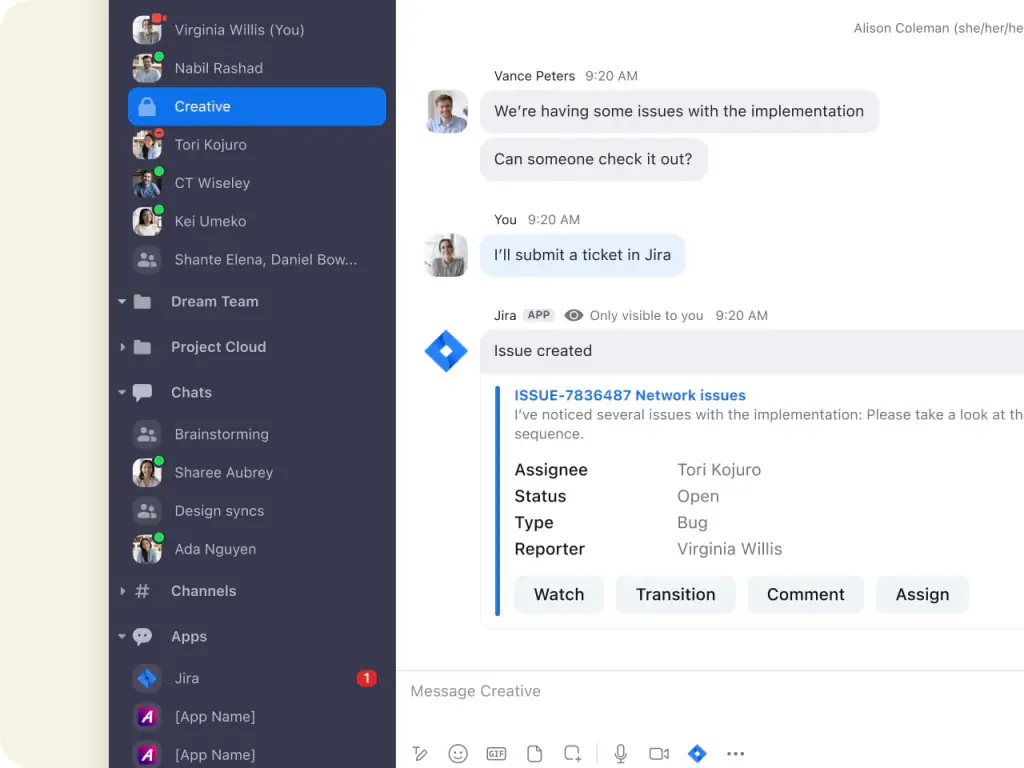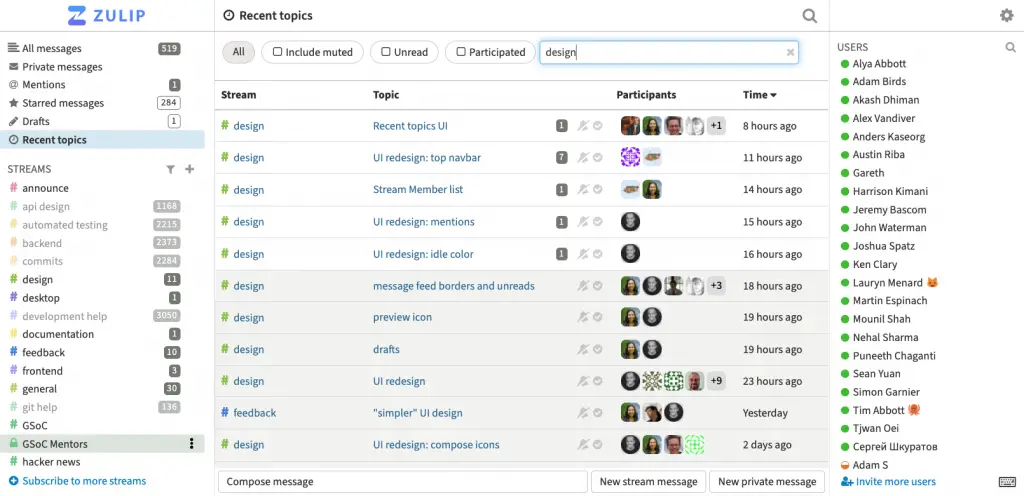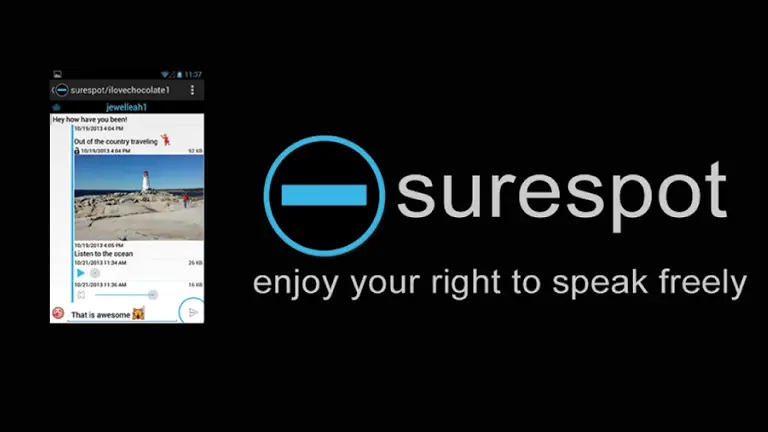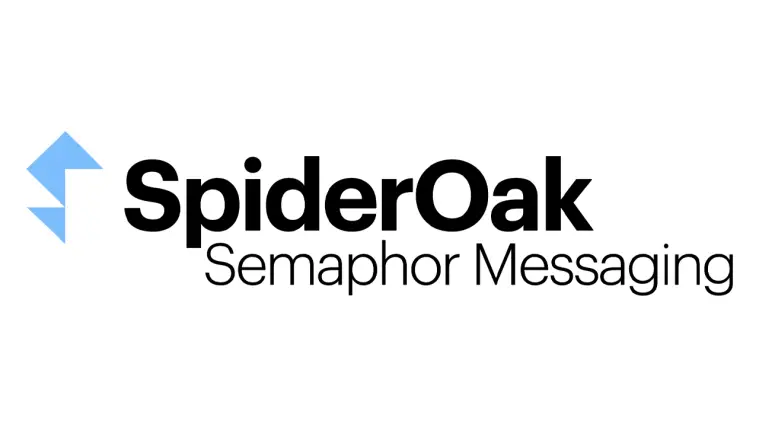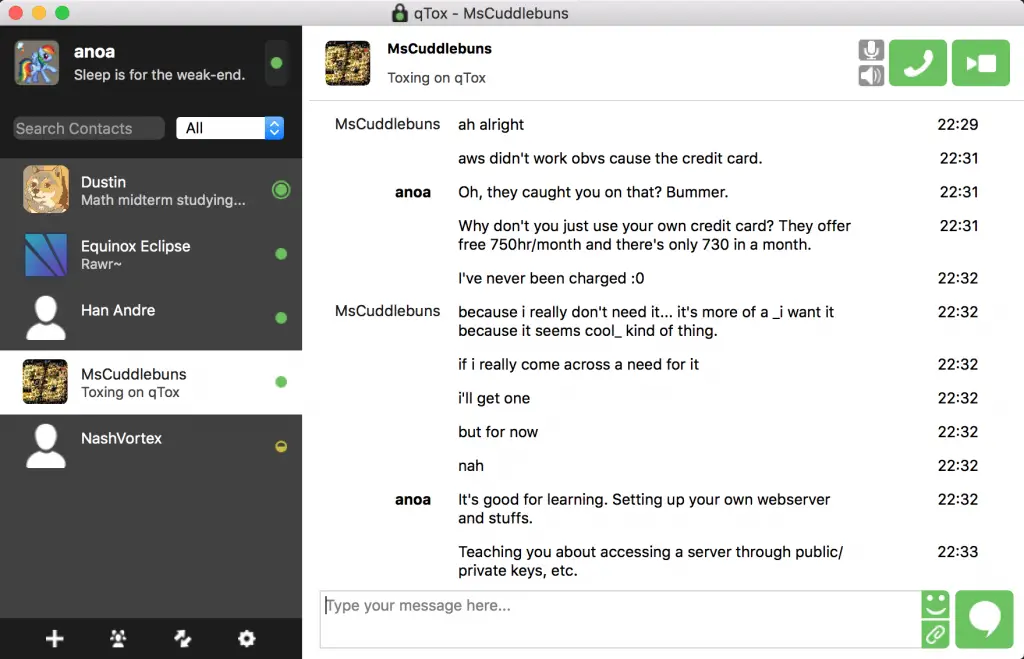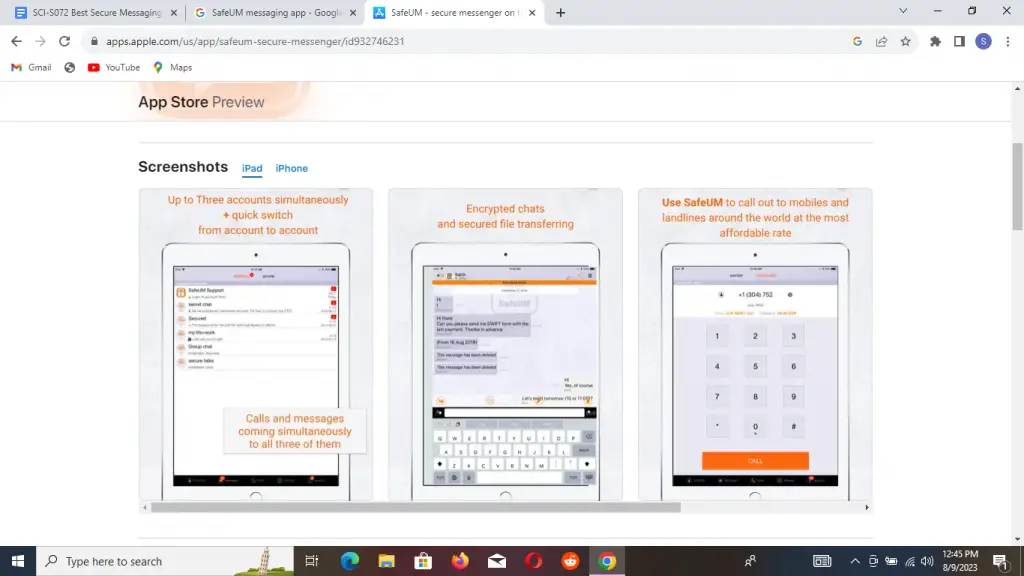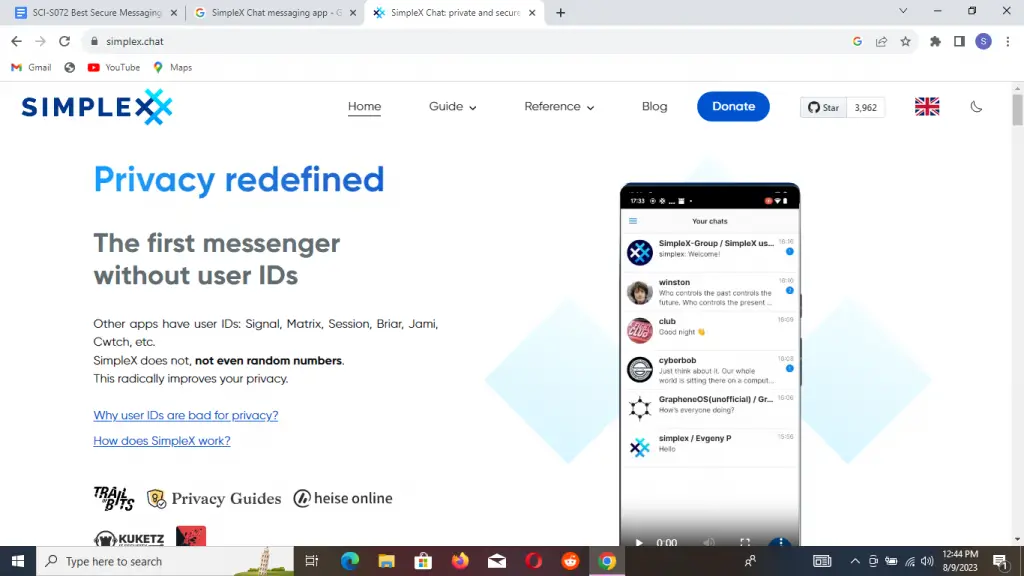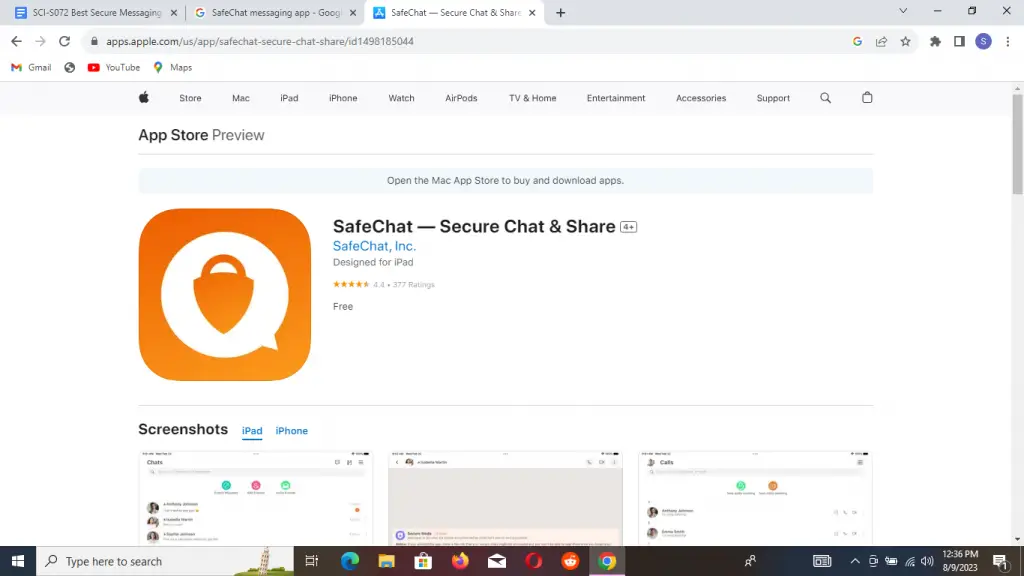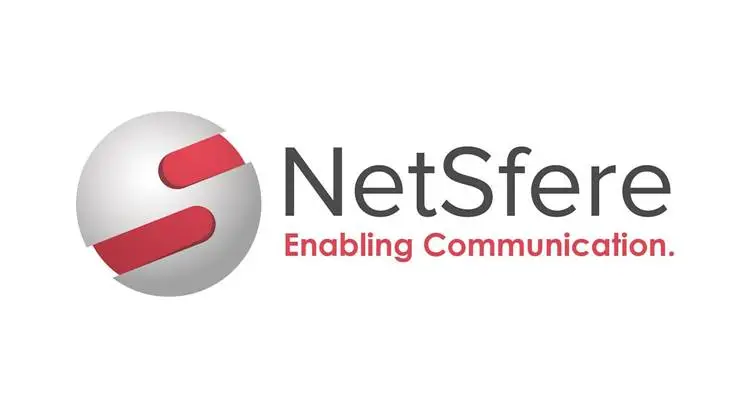Are you prioritizing security in your academic chats? Explore the Best secure messaging apps for academics with us.
In the sprawling corridors of academia, the exchange of ideas, research data, and collaborative discussions is continuous. While the focus has traditionally been on the quality and depth of this knowledge transfer, the security of these exchanges often takes a backseat.
Yet, as we become increasingly digital and cyber threats become more sophisticated, the importance of secure communication in the academic world is clearer than ever.
So, how do we ensure that these vital communications remain shielded from prying eyes, without hindering the free flow of knowledge? The answer lies in adopting secure messaging platforms tailored for the unique needs of the academic community.
Table of Contents
Overview
Secure messaging apps are no longer a luxury but a necessity in academia. These tools provide encrypted channels to safeguard discussions and also enhance collaboration among scholars.
In this article, we’ll spotlight the top encrypted messaging apps beneficial for academics, emphasizing their unique features and role in advancing secure scholarly communications. Let’s dive in.
Best Secure Messaging Apps for Academics
#1. Signal: Best for end-to-end encrypted conversations and group chats
Summary
- Champion of end-to-end encryption.
- Ideal for group academic dialogues.
- Endorsed by cybersecurity specialists.
With its renowned commitment to privacy and user-centric approach, Signal has emerged as an indispensable platform for scholars worldwide.
Whether it’s a one-on-one discussion between two researchers or a spirited debate among a cohort, the secure messaging app ensures these academic interactions are secure and productive.
What are the benefits of Signal?
- Absolute Privacy: With this tool, rest assured every academic conversation remains confidential.
- Open-Source DNA: Embracing an open-source ethos, Signal promises enhanced security and continuous improvements, adapting to the ever-evolving needs of academia.
- Tailored Notifications: Purpose-driven notifications ensure that academia remains the focal point, promoting more immersive discussions.
Signal is the premier choice for those unwilling to compromise on the confidentiality of their academic dialogues.
How much does it cost?
- Free
Source: https://signal.org
#2. WhatsApp: Best for widely-accepted, user-friendly encrypted chats, and voice messages
Summary
- Universal appeal and adoption.
- Effortless user interface.
- Assured end-to-end encryption.
WhatsApp seamlessly blends its universal appeal with an assurance of privacy. As this private messaging app delicately interweaves into our daily interactions, its significance extends far beyond casual chats.
The platform’s intuitive design, paired with its staunch commitment to end-to-end encryption, makes it a trusted choice for the academic community.
What sets WhatsApp apart is its unique blend: an interface that feels like home and a security framework that ensures academic discussions remain confidential.
What are the benefits of Whatsapp?
- Broad User Community: With its unparalleled global footprint, WhatsApp facilitates seamless connectivity, enabling scholars to effortlessly engage with peers from every corner of the world.
- Versatile Media Sharing: With WhatsApp, sharing research papers, illustrative images, or intricate data charts is a breeze.
- Multiple Communication Avenues: Beyond text, WhatsApp enriches academic discourse with its integrated voice and video capabilities, bringing an added dimension to intellectual interactions.
As the digital age progresses, the need for platforms that resonate with both usability and security intensifies. WhatsApp, with its universal acceptance and robust encryption, effortlessly addresses this dual requirement.
For scholars across disciplines, it provides a haven of convenience coupled with an assurance of privacy, making it an indispensable tool in academic communication.
How much does it cost?
- Free
Source: https://www.whatsapp.com
#3. Telegram: Best for large group chats and channels for sharing academic resources
Summary
- Renowned for large group capacities.
- Channels for systematic resource dissemination.
- Enhanced security measures.
Telegram, while a heavyweight in the realm of mainstream messaging, has carved a niche for itself in academia as well.
With the ability to host vast academic communities and the feature of channels for structured resource sharing, Telegram isn’t just about chit-chat; it’s about sprawling scholarly dialogues.
What are the benefits of Telegram?
- Expansive Groups: This app facilitates large academic seminars or discussions digitally.
- Resourceful Channels: Telegram allows you to organize and share academic materials systematically.
- Custom Security Settings: You can adapt and tweak privacy as per the sensitivity of academic exchanges.
If you need a structured platform for knowledge dissemination, Telegram offers that expansive canvas. Its blend of security and usability makes it conducive for wide-ranging scholarly interactions.
How much does it cost?
- Free
Source: https://telegram.org
#4. Wire: Best for collaborative team discussions with end-to-end encryption
Summary
- Designed for collaborative discourse.
- Robust end-to-end encryption.
- Multi-device synchronization.
Wire steps up as a harmonious blend of collaboration and security. Designed with team dynamics in mind, it serves as an encrypted hub where academic teams can converge, brainstorm, and share without a hint of data breach anxiety.
What are the benefits of Wire?
- Team-Centric Features: Facilitates seamless academic team collaborations.
- Consistent Encryption: Sleep easy, knowing your research discussions are guarded.
- Device Flexibility: Switch devices without missing a beat in your academic dialogues.
For academic teams that thrive on collaboration but don’t want to skimp on security, Wire is an optimal choice. It’s where team dynamism meets digital fortification.
How much does it cost?
- Wire Pro: $5.83 per month per user
- Wire ENT: $9.50 per month per user
Source: https://wire.com
#5. Threema: Best for ensuring anonymity with unique ID-based encrypted chats
Summary
- Anonymity at its core.
- Unique ID-based interactions.
- Strong encryption standards.
Threema champions the cause of anonymity in the digital age. Scholars can indulge in profound academic discussions, shielded by encryption and a unique ID system, preserving your identity and the sanctity of your discourse.
What are the benefits of Threema?
- Identity Protection: Engage without revealing personal details.
- ID-Based System: Offers a unique layer of security in communication.
- Data Integrity: Ensures your academic data remains uncompromised.
Threema redefines the game by putting anonymity in the spotlight. For anyone in academia wishing to delve deep into discussions without personal identity concerns, Threema is the tool for you.
How much does it cost?
- Essential: $10.99 for a license per year
- Professional: $32.99 for a license per year
- Advanced: $21.99 for a license per year
Source: https://threema.ch
#6. AWS Wickr: Best for secure team collaboration with self-destructing messages
Summary
- Tight-knit security protocols.
- Self-destructive messaging feature.
- Built for collaborative endeavors.
AWS Wickr is not just another messaging platform; it’s a stronghold for communications. Designed keeping the modern-day academic team collaboration in mind, its standout feature is self-destructing messages.
This ensures sensitive research data or intellectual exchanges leave no digital traces once they’ve served their purpose.
What are the benefits of AWS Wickr?
- Ephemeral Messaging: Discuss sensitive research and know it vanishes after being read.
- Robust Team Tools: AWS Wickr has everything a team needs to function effectively, from file sharing to voice memos.
- Enterprise-Level Security: A guarantee that discussions, no matter how groundbreaking, are sealed tight from potential breaches.
AWS Wickr doesn’t just host conversations; it protects them, ensuring they exist only as long as necessary.
For teams engaged in cutting-edge research where data security and time-bound confidentiality are paramount, AWS Wickr stands tall as a beacon of both functionality and security.
How much does it cost?
- Free version available
- Premium starts at $4.99 per month
Source: https://wickr.com
#7. iMessage: Best for secure chats among Apple device users
Summary
- Apple’s signature messaging tool.
- End-to-end encryption out of the box.
- Exclusive to Apple ecosystems.
Apple’s iMessage, known for its seamless user experience, offers a security level often overlooked due to its ubiquity.
Especially suited for academic professionals already entrenched in the Apple ecosystem, it promises encrypted conversations without the hassle of third-party installations or sign-ups.
What are the benefits of iMessage?
- Native Encryption: Every chat is encrypted without needing toggles or adjustments.
- Rich Media Sharing: Send documents, sketches, or even annotate PDFs right within the chat.
- Continuity Across Devices: Start a discussion on an iPhone, continue on an iPad, and conclude on a Mac.
iMessage is about maintaining scholarly discussions with the assurance that Apple’s fortress-like security backs them. For academics already in the Apple fold, iMessage is one of the most secure messaging apps.
How much does it cost?
- Free
Source: https://apps.apple.com
#8. Element: Best for decentralized, encrypted group collaborations
Summary
- A decentralized platform for true data ownership.
- Encrypted group dynamics.
- Open-source foundation.
Element, with its decentralized nature, presents a fresh take on academic communications. It empowers users with real data ownership, breaking away from central server reliance, a key concern for researchers handling sensitive data or controversial research topics.
What are the benefits of Element?
- True Data Control: Your academic discussions and data reside where you determine, not on some distant, centralized server.
- Collaborative Features: Beyond messages – rooms, file sharing, and more for holistic academic projects.
- Open-Source Ethos: Constantly evolved and audited by a global community, ensuring transparency and updated security measures.
Element reshapes the messaging landscape, placing power and control directly in the hands of academic professionals.
How much does it cost?
- Free
Source: https://element.io
#9. Keybase: Best for encrypted chats backed by cryptographic identity
Summary
- Cryptographic identity at the forefront.
- Encrypted messaging as a baseline.
- Advanced file-sharing capabilities.
In a world where identity theft and impersonation are real threats, Keybase defends cryptographic identity. Beyond just encrypted chats, it ensures that you’re talking to who you think you are, making it invaluable for academics engaging in confidential collaborations.
What are the benefits of Keybase?
- Identity Verification: Ensure your collaborator is genuine through cryptographic proofs.
- Advanced File System: Share research files and data with encrypted confidence.
- Integrated Wallet: A feature perhaps more niche but handy for grant transfers or academic cryptocurrency transactions.
Keybase provides a realm where identity and security go hand-in-hand. For the academic landscape, where the authenticity of collaboration is crucial, Keybase is a robust pillar of trust.
How much does it cost?
- Free
Source: https://keybase.io
#10. Session: Best for privacy-focused, decentralized messaging without metadata collection
Summary
- No metadata trails.
- Decentralized and privacy-centric.
- Split infrastructure for enhanced security.
Session is the embodiment of messaging without footprints. If you are concerned about leaving metadata trails or prioritizing absolute privacy in your academic interactions, Session emerges as the flag-bearer of metadata-less communication.
What are the benefits of Session?
- No Metadata Wake: Discuss, share, and collaborate without leaving digital footprints.
- Decentralized Servers: Reducing central points of vulnerability, ensuring your academic chats remain yours alone.
- Sealed Sender: Messages can’t be traced back to the sender, adding an extra layer of anonymity.
For academia, where certain discussions demand utmost discretion and zero digital remnants, Session becomes less of an option and more of a necessity.
How much does it cost?
- Free
Source: https://getsession.org
#11. Silent Phone: Best for secure voice and video calls in academia
Summary
- Pioneers of encrypted voice, video, and chats.
- Designed for sensitive communication.
- Multi-platform availability.
Silent Phone stands at the forefront of secure voice and video communication, specifically tailored for academic interactions.
In an environment where sensitive discussions often require more than written words, this platform provides the necessary privacy without compromising on clarity.
What are the benefits of Silent Phone?
- Secure Calls: Silent Phone’s encrypted voice call feature ensures your academic exchanges stay within the intended audience.
- Encrypted Video: With Silent Phone, you can confidently present, share, and converse about visual data, knowing it’s protected from prying eyes.
- Burn Functionality: Not every conversation needs to have a lasting digital footprint. With the unique burn feature, you can set specific messages or call logs to be automatically deleted after a chosen duration.
When scholars turn to Silent Phone, they’re not just choosing a communication tool; they’re opting for a digital fortress. This messaging software embodies the fusion of pristine voice clarity with top-tier security.
With Silent Phone, academia has a silent but strong ally in the digital age.
How much does it cost?
- Free
Source: https://www.silentcircle.com
#12. Slack: Best for academic team collaborations and integrations with research tools
Summary
- Team-focused messaging platform.
- Rich array of app integrations.
- Channel organization for varied discussions.
Slack is the modern epicenter for team-based communication. Designed with collaborative projects in mind, it is invaluable to research groups that want to systematically organize their discussions, share findings, and integrate with myriad research tools for streamlined operations.
What are the benefits of Slack?
- Diverse Integration Capabilities: Embed research tools, data analytics platforms, or project management apps directly.
- Organized Conversations: Channelize topics, ensuring discussions remain focused and archived methodically.
- Powerful Search Functionality: Lost in a plethora of messages? Retrieve specific bits of academic exchanges with ease.
Slack’s prowess lies in its modular design and vast integration capabilities. For academia, where multi-faceted projects demand organized communication and tool-centric workflows, Slack is like the Swiss army knife of messaging platforms.
How much does it cost?
- Free
- Pro: $7.25
- Business: $12.50
Source: https://slack.com
#13. Zoom: Best for secure academic webinars and virtual classrooms
Summary
- Video-first communication platform.
- Secure webinars and meetings.
- Popular in educational institutions.
Zoom has arguably become synonymous with virtual interactions. From lectures to research presentations, its secure platform hosts myriad academic events. With encryption and a suite of features tailor-made for education, it’s the go-to for many institutions worldwide.
What are the benefits of Zoom?
- Virtual Classroom Tools: Polls, break-out rooms, and interactive whiteboards elevate the teaching experience.
- Robust Security Features: Password-protected rooms and waiting rooms ensure academic sessions remain exclusive.
- Recording Capabilities: Document lectures or sessions for later analysis or for those who couldn’t attend live.
Zoom’s rise as a premier academic tool underscores its efficacy and reliability. It has successfully transported the sanctity and vigor of physical academic spaces to the digital realm.
And it’s not just about webinars or lectures – with secure messaging, even one-on-one academic conversations on Zoom remain private and protected.
How much does it cost?
- Free
- Pro: $14.99 per month
- Business: $19.99 per month
Source: https://blog.zoom.us
#14. XMPP Jabber: Best for open-source, customizable messaging for research groups
Summary
- Open-source messaging ethos.
- Highly customizable.
- Decentralized communication protocol.
At the heart of XMPP is a belief in open communication. Its open-source nature means academic groups can tweak it to their exact needs, ensuring that the platform molds to the research, not the other way around.
What are the benefits of XMPP?
- Adaptable Framework: Integrate unique academic tools or develop custom extensions.
- Interoperable Nature: Communicate across various XMPP-based platforms seamlessly.
- Enhanced Privacy Controls: As it’s decentralized, users have greater autonomy over their data and discussions.
XMPP Jabber presents a unique proposition for academia. It’s not just about what the tool offers out-of-the-box but about the endless possibilities that its open-source nature can bring to innovative research groups.
How much does it cost?
- Free
Source: https://play.google.com
#15. Zulip: Best for topic-based group discussions in academic projects
Summary
- Topic-centric chat organization.
- Supports large communities.
- Integrates with many third-party tools.
Zulip takes the standard chat model and flips it on its head with topic-based discussions. In academia, where nuanced subjects often demand their own space, Zulip’s model ensures that every sub-topic gets its dedicated spotlight, making academic conversations more structured.
What are the benefits of Zulip?
- Clear Topic Divisions: Dissect complex subjects into manageable threads.
- Broad Integration Support: Merge your academic tools into the Zulip environment for a unified experience.
- Powerful Search: Navigate through intricate academic discussions effortlessly.
With Zulip, the days of lost threads in group chats are gone. Its topic-based distinction ensures academic discussions are fruitful and meticulously organized.
How much does it cost?
- Free
Source: https://zulip.com
#16. Surespot: an attempt to replace Twitter?
Summary
- Strong end-to-end encryption.
- Multimedia message sharing.
- User-friendly interface.
In the ever-evolving academic landscape where multimedia content is exchanged as frequently as text, Surespot emerges as a trusted platform. Prioritizing confidentiality in every exchange, Surespot ensures that every shared image, voice note, or video retains its intended privacy.
What are the benefits of Surespot?
- Varied Media Sharing: Whether it’s a detailed diagram, an explanatory voice message, or a video, the platform encrypts every media shared, ensuring its safe transit.
- Control Over Messages: With Surespot, you’re in charge. Beyond sending, you have the power to delete messages.
- Open-source Nature: For those keen on understanding the mechanics of their tools, Surespot’s open-source foundation offers transparency.
The diverse nature of academic content requires a platform that understands and adapts. Surespot rises to the occasion, ensuring multimedia content is shared with the same level of security as text.
How much does it cost?
- Free
Source: https://en.wikipedia.org
#17. Semaphor by SpiderOak: Best for zero-knowledge, encrypted team collaborations
Summary
- Zero-knowledge encryption model.
- Secure group collaboration.
- Advanced file-sharing capabilities.
SpiderOak’s Semaphor champions a unique proposition: a zero-knowledge platform for academic collaborations. This ensures the platform remains oblivious to the content, a bonus for research teams dealing with sensitive or groundbreaking information.
What are the benefits of Semaphor?
- Absolute Privacy: The zero-knowledge model ensures even the service provider can’t access your data.
- Team-centric Design: Create groups for various projects and securely discuss, share, and collaborate.
- Robust File Sharing: Distribute research papers, datasets, and more with confidence.
Semaphor embodies the essence of “knowing without knowing.” Its strong commitment to privacy and security ensures that the sanctity of academic collaborations remains unbreached. This lets researchers focus solely on the pursuit of knowledge.
How much does it cost?
- Free trial available
Source: https://apps.apple.com
#18. Tox: Best for peer-to-peer encrypted chats, voice, and video calls
Summary
- Peer-to-peer communication.
- Encrypted voice and video calls.
- No central servers.
In an era dominated by centralized servers, Tox brings forth the classic peer-to-peer communication ethos backed by modern encryption. Eliminating central servers gives academics direct, secure channels for their discourses, be it through text, voice, or video.
What are the benefits of Tox?
- Direct Channels: Peer-to-peer ensures minimized vulnerabilities and latency.
- Multimedia Communication: Dive into complex academic discussions with text, voice, or a face-to-face video call.
- Ad-free Experience: Focus on scholarly interactions without unwanted distractions.
Tox rejuvenates the old-world charm of direct communication, enhancing it with contemporary security. For scholars who value directness and undiluted discourse, Tox is a breath of fresh, encrypted air.
How much does it cost?
- Free
Source: https://tox.chat
#19. Viber: Best for international academic collaborations with voice and video call encryption
Summary
- Globally popular platform.
- Encrypted voice and video calls.
- Group messaging features.
In the global village of academia, Viber acts as a lingua franca for scholars. Widely used internationally, it offers a seamless blend of messaging and multimedia call capabilities, all under the umbrella of encryption, making global academic collaborations feel like next-door conversations.
What are the benefits of Viber?
- Widespread Adoption: Easily connect with international peers without the need for new platform onboarding.
- Encrypted Calls: Discuss global projects or international research collaborations securely.
- Rich Sticker and GIF Support: Add a touch of liveliness to academic chats.
Viber deftly bridges the global gap in academia. It combines the comfort of a widely-used platform with the security essentials, ensuring that the world of research remains interconnected and protected.
How much does it cost?
- Free
Source: https://www.viber.com
#20. SafeUM: Best for multi-layered encrypted chats and file sharing
Summary
- Multi-layer encryption.
- Secure file-sharing.
- Intuitive interface.
SafeUM mirrors that complexity with multi-layered encryption in the layered universe of academic discourse.
Tailored for scholars who demand additional layers of protection when discussing and sharing their work, SafeUM ensures that each message, file, or data packet stands guard against prying eyes.
What are the benefits of SafeUM?
- Enhanced Security Protocols: More than just end-to-end encryption, multi-layering boosts security manifold.
- Confidential File Sharing: Share critical academic resources without the anxiety of breaches.
- Anti-spam Solutions: Keep unwanted distractions at bay, maintaining a clean academic communication space.
SafeUM isn’t just about safeguarding but fortifying. For those in academia who need that extra shield when delving into significant projects, SafeUM’s multi-layered protection acts as a robust digital bastion.
How much does it cost?
- Free version available
Source: https://apps.apple.com
#21. SimpleX Chat: Best for one-to-one encrypted chats without servers
Summary
- Server-less design.
- Peer-to-peer encrypted chats.
- Privacy-focused architecture.
In the crowded digital realm, SimpleX Chat offers the intimacy of one-on-one encrypted conversations without servers.
This serverless design, tailored for those in academia who prioritize privacy and direct interactions, ensures that every scholarly discourse remains pure and untracked.
What are the benefits of SimpleX Chat?
- Pure Peer-to-Peer Connectivity: Ensures minimal vulnerabilities by avoiding centralized servers.
- Optimized for Privacy: No metadata, logs, or hindered academic dialogue.
- Streamlined Interface: Uncluttered design keeps the focus squarely on the conversation.
SimpleX Chat delivers on its name – simplifying the chat experience while amplifying security. It’s a sanctuary for scholars seeking undisturbed, pristine channels for intellectual exchanges.
How much does it cost?
- Free
Source: https://simplex.chat
#22. LINE: Korea’s What’s up with more fun stickers
Summary
- Popular social networking platform.
- Encrypted chat feature.
- Expansive sticker and emoji library.
Merging the worlds of social networking and academic rigor, LINE brings a refreshing approach to scholarly communication.
With its encrypted chat capabilities set against a backdrop of a vibrant social platform, academics can engage, share, and discuss in a more relaxed, yet secure environment.
What are the benefits of LINE?
- Hybrid Experience: Blend of academic discussions and social interactions on a singular platform.
- Secure Conversations: Keep scholarly exchanges protected with encrypted chats.
- Expansive Media Library: Enrich conversations with a vast collection of stickers and emojis for expressive communication.
LINE does more than just bridge communication; it weaves together the formal and informal, enabling scholars to engage in a multidimensional manner. It’s where academia meets casual, all under a shield of encryption.
How much does it cost?
- Free
Source: https://play.google.com
#23. SafeChat: Best for collaborative projects with a focus on data protection
Summary
- Collaborative toolset.
- Strong data protection measures.
- Encrypted group chats.
For projects where collaboration dances intimately with data protection, SafeChat emerges as the platform of choice.
Seamlessly merging teamwork functionalities with robust encryption, SafeChat is a haven for academic groups who treat data sanctity as gospel.
What are the benefits of SafeChat?
- Unified Workspace: Chat, share files, and collaborate on projects in a singular, protected space.
- Granular Data Controls: Define who sees what, ensuring data remains in trusted hands.
- Seamless Group Coordination: Organize academic teams with ease, all within encrypted confines.
SafeChat recognizes that in academia, collaboration and data protection often go hand in hand. By offering a platform that champions both, it ensures academic synergies remain both fluid and fortified.
How much does it cost?
- Free
Source: https://apps.apple.com
#24. NetSfere Secure Messaging: Best for enterprise-level secure messaging in academic institutions
Summary
- Enterprise-focused security.
- Scalable to large academic institutions.
- Rich administrative controls.
Large academic institutions often grapple with the challenge of ensuring seamless and secure communications across vast networks.
NetSfere addresses this precisely, offering a sophisticated enterprise-level messaging platform that meets the scale and security needs of such establishments.
What are the benefits of NetSfere?
- Tailored for Institutions: Optimized for larger structures, ensuring smooth communication flows.
- Robust Admin Controls: Equip administrators with tools to monitor, manage, and maintain secure communications.
- Data Sovereignty Compliance: Meets varied data residency and privacy requirements, pivotal for international academic institutions.
With the scale and complexity of large academic institutions in mind, NetSfere delivers not just as a messaging app but as a comprehensive communication solution, balancing accessibility with unparalleled security.
How much does it cost?
- Free
Source: https://www.netsfere.com
#25. Briar: Best for off-the-grid, peer-to-peer encrypted communications in field research
Summary
- Works without the internet.
- Peer-to-peer encryption.
- Ideal for field research.
When academic pursuits lead researchers off the beaten path and away from reliable internet connections, Briar steps in.
Crafted for such rugged terrains, this app allows for encrypted communications directly between devices, ensuring researchers remain connected, even off the grid.
What are the benefits of Briar?
- Internet Independence: Operate seamlessly without reliance on traditional network infrastructures.
- True Peer-to-Peer: Direct device-to-device connections minimize vulnerabilities and maintain communication fluidity.
- Adaptable Usage: Whether in remote terrains or amidst urban internet blackouts, Briar stands reliable.
Briar embodies resilience, ensuring that no matter where research takes academics, their line of communication remains unbroken and secure. It’s a beacon for those venturing into the unknown terrains of knowledge.
How much does it cost?
- Free
Source: https://briarproject.org
Conclusion
In this digital age, academic discussions demand both fluidity and fortification. As we’ve explored, a plethora of messaging tools cater precisely to such needs, ensuring scholars converse securely and productively.
So, whether you’re deep diving into research or collaborating on a groundbreaking project, choose the right platform to elevate your academic pursuits.


